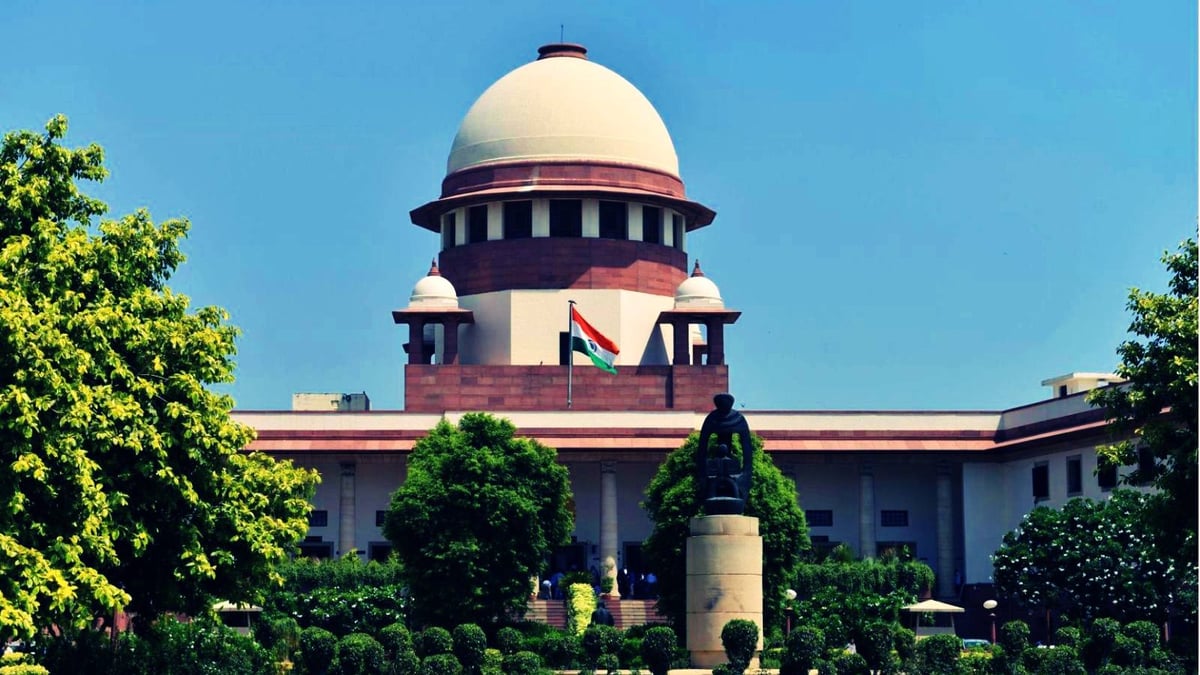Jaipur: In an important judgment concerning the protection of sacred groves (Orans) in Rajasthan, the Supreme Court has directed the State of Rajasthan to identify, survey, and notify sacred groves as forests under the Forest Conservation Act, 1980.
A bench comprising Justices B.R. Gavai, S.V.N. Bhatti, and Sandeep Mehta issued comprehensive directives to ensure the conservation of these ecologically and culturally significant lands.
Additional Advocate General Shiv Mangal Sharma, said that the apex court while giving several directors to the state government, has underscored that sacred groves are repositories of biodiversity and cultural heritage, warranting legal protection.
It directed the Rajasthan Government to implement all recommendations and safeguards comprehensively, ensuring that sacred groves are treated as protected forests with community involvement in their preservation.
In its order, the court has directed the state government to conduct detailed on-ground and satellite mapping of sacred groves like Orans, Dev-vans, and Rundhs across all districts.
Further, the court has said that identified groves must be notified as forests under the Forest Conservation Act, 1980, irrespective of size or extent, focusing on their ecological and cultural significance.
The Court stressed community-driven governance, emphasizing that local communities historically protecting sacred groves should be actively involved in the management and preservation process.
For the protection of these areas, the court has said that Sacred groves must be protected under Section 36-C of the Wildlife Protection Act, 1972, and declared Community Reserves to prevent unauthorized land use.
The state government has been asked to comply with the Central Empowered Committee’s (CEC) recommendations, including preserving unique desert ecosystems and removing ambiguities in forest notifications.
To oversee the implementation of directives, the court has asked the Ministry of Environment, Forest, and Climate Change (MoEFCC) to form a five-member committee in collaboration with the state government.
The committee headed by a retired High Court judge will, include domain experts and senior forest officials,
The court has directed the state government to submit a compliance report regarding the implementation of these directions by January 10, 2025.
The issue concerning the protection of Orans came before the top court in an application filed by Aman Singh, a resident of Rajasthan alleging violation of the top court’s judgment in July 2018 in the TN Godavarman case where a direction was given to the state to undertake identification of Orans, or community forests which are preserved and managed by local communities.
What are the Orans
Orans are traditional sacred groves found in Rajasthan. These are community forests, preserved and managed by rural communities through institutions and codes that mark such forests as sacred. There are often local deities associated with Oran. They are rich in biodiversity and usually include a water body.
Recently, some controversies surfaced in the desert areas of Rajasthan regarding the use of Oran lands for Solar power projects.
